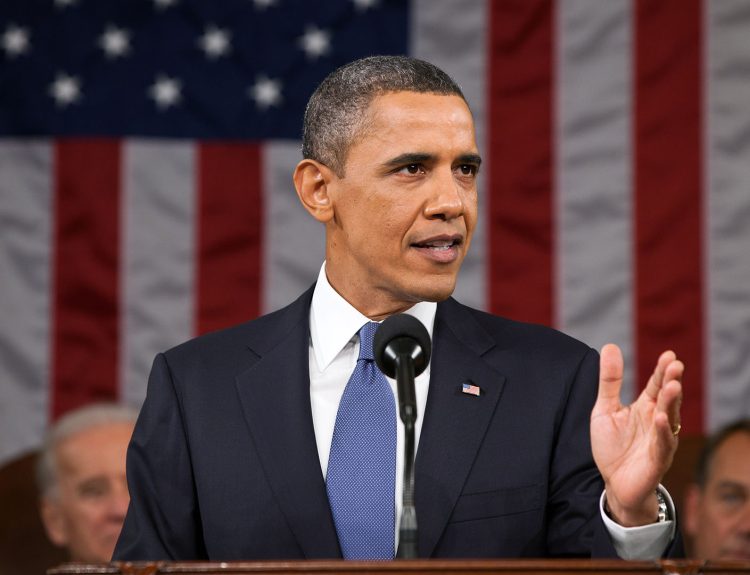Arizona state Senator Anthony Kern (R-AZ) is catching some heat for leading a prayer group while speaking in tongues on the Senate floor – one day before legislators voted to reinstate a near-total ban on abortion. Here’s a recap of what went down and why so many people are angry.
Kern Leads Prayer Group On Senate Floor
On Monday (April 8), a video of Kern leading a prayer group on the Senate floor went viral on TikTok. “Lord, right now, we ask thee to release the presence of the lord in the Senate chamber,” Kern says in the video. He can also be heard speaking in tongues.

“Looks like our prayer team stirred up some god-haters like @azdemparty, @PimaDems, and @JeanneCasteen,” he wrote on X in response to the criticism. “Not to worry, though…prayer over our state at the State Senate is way more powerful.”
What Does Speaking In Tongues Mean?
For those who watched the video and thought the inaudible mumbling was an audio issue – it wasn’t. That was Anthony Kern speaking in tongues. Also known as glossolalia, speaking in tongues refers to the ability to speak a language that one does not know.

Some religions – including Pentecostal and charismatic Christianity – believe tongue-speaking is a divine language that represents the language of God and the Holy Spirit. That’s why some religious believers speak in tongues during prayer.
Early Pentecostal Origins Of Tongue-Speaking
Many historians say tongue-speaking dates back to 33 AD, when the first Pentecost was celebrated. Pentecost is a Christian holiday that occurs on the 49th day after Easter Sunday. It commemorates the descent of the Holy Spirit down on Mary and the Apostles of Jesus.

Speaking in tongues was popularized by several prominent figures over the next 1,500 years – including Origen in 200 AD, Pachomius in 300, Gregory Nazianzus in 350, The Venerable Bede in 700, Michael Psellos in 900, and Anthony of Padua in 1200.
References In The Hebrew Bible
Speaking in tongues is referenced numerous times in the Hebrew Bible – also known as Tanakh or Miqra. Some of the more obvious examples include 1 Samuel 10:5–13, 19:18–24; 2 Samuel 6:13–17; and 1 Kings 20:35–37.

Here’s an excerpt from 1 Samuel 10:5: “The Spirit of the Lord will come powerfully upon you, and you will prophesy with them; and you will be changed into a different person. 7 Once these signs are fulfilled, do whatever your hand finds to do, for God is with you.”
References In Christianity
The act of speaking in tongues is also described in the New Testament. Acts of the Apostles 2:4 is a perfect example of this. In the verse, the Holy Spirit enters the home of Jesus’ followers and gives each of them the ability to speak in different languages.
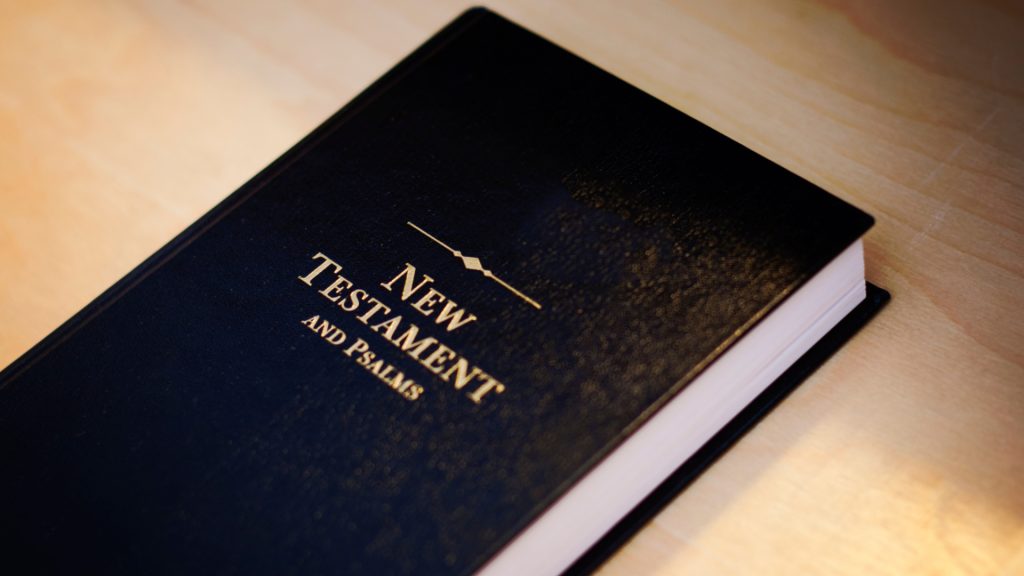
The verse reads: “And they were all filled with the Holy Ghost and began to speak in other tongues, as the Spirit gave them utterance.” Speaking in tongues is also referenced in 1 Corinthians 12–14, Acts 4:31, 8:14–17, 10:44–48, 11:15–17, and 19:1–7.
People Call For Separation Of Church And State
When state Sen. Anthony Kern’s prayer group went viral, many people took exception to the fact that Kern was openly intertwining government with religion – something that would anger anyone who believes in the separation of church and state.
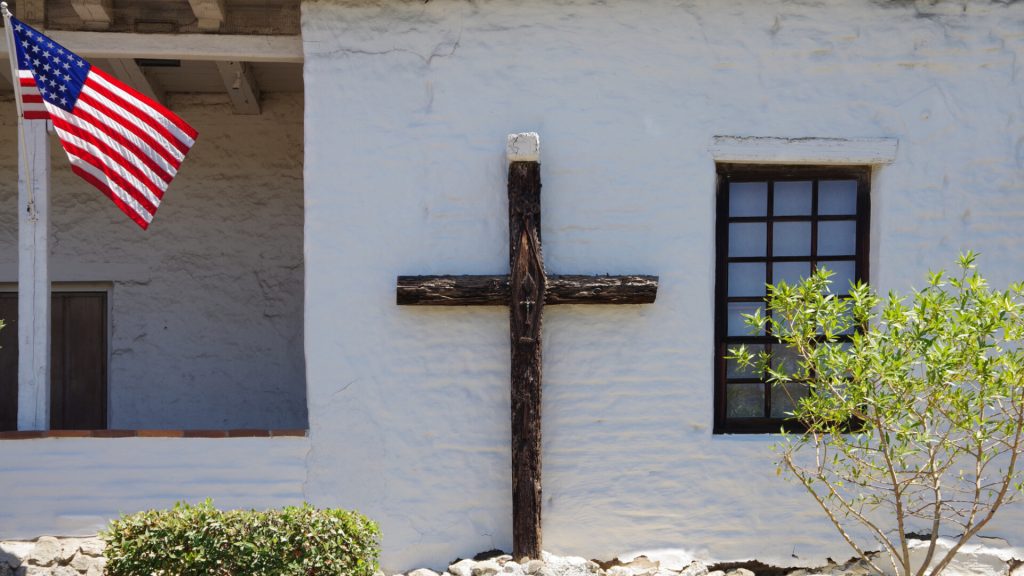
Jeanne Casteen, executive director of Secular Arizona – a nonprofit advocacy organization that works to ensure a separation of church and state in Arizona – was one of the many people to denounce Kern’s actions on the Senate floor earlier this week.
First Amendment: The Establishment Clause
While the words ‘separation of church and state’ don’t appear in the United States Constitution, the concept is enshrined in one of the two provisions of the First Amendment – which prevents the government from making laws respecting an establishment of religion.

It’s called the ‘Establishment Clause’ and it forbids the US government from ‘establishing’ a religion – though the definition of ‘establishing’ has been debated over the years.
1802: Thomas Jefferson Pens Letter To DBA
In 1802, Thomas Jefferson referenced the First Amendment in a letter to the Danbury Baptist Association – where he described a ‘wall of separation between church and state.’
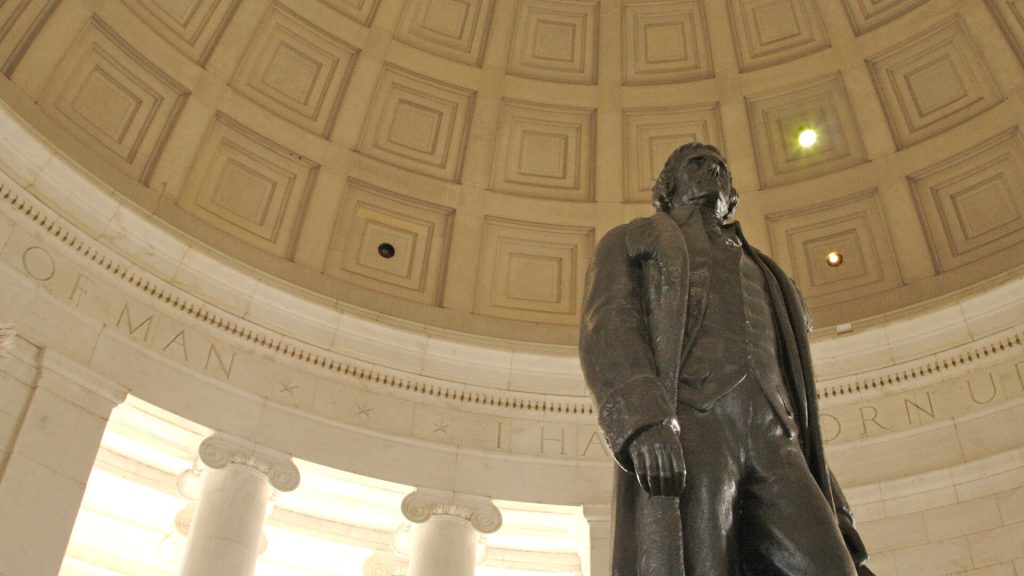
“I contemplate with sovereign reverence that act of the whole American people which declared that their legislature should ‘make no law respecting an establishment of religion, or prohibiting the free exercise thereof,’ thus building a wall of separation between Church and State,” he wrote.
1971: The Three-Part Lemon Test
The Establishment Clause is primarily governed under the ‘Lemon Test’ – a three-part test to determine when a law violates the Establishment Clause. The test was created as a result of Lemon v. Kurtzman, 403 U.S. 602 in 1971.
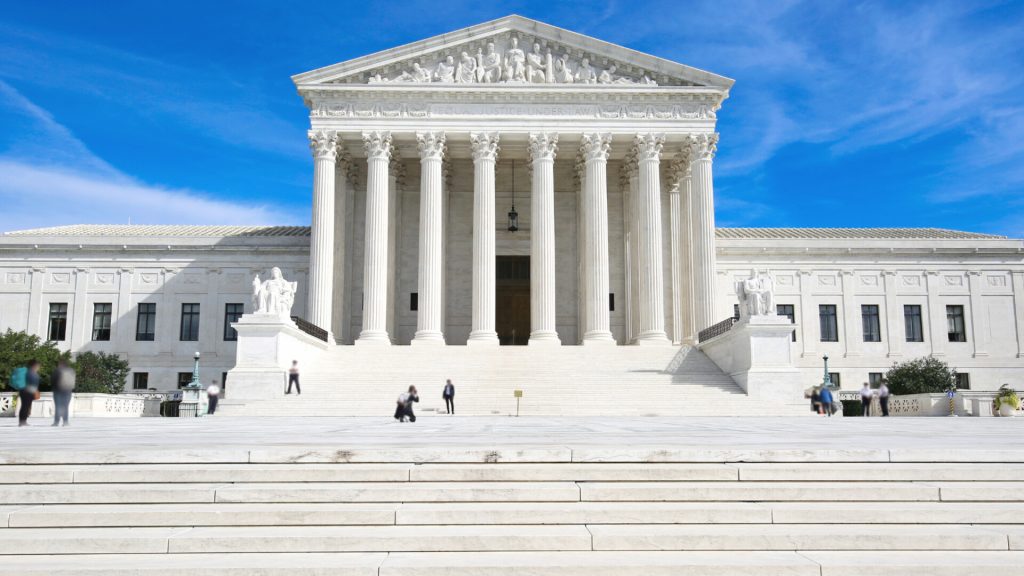
The courts found that the government can assist religion only if 1) the primary purpose of the assistance is secular, 2) the assistance must neither promote nor inhibit religion, and 3) there is no excessive entanglement between church and state.
Arizona’s Near-Total Abortion Law Reinstated
If people weren’t angered by the tongue-speaking or church-state entanglement, then they were angered by what followed – the reinstating of 160-year-old, near-total ban on abortion in the state of Arizona. The law outdates Arizona’s statehood by nearly 50 years.
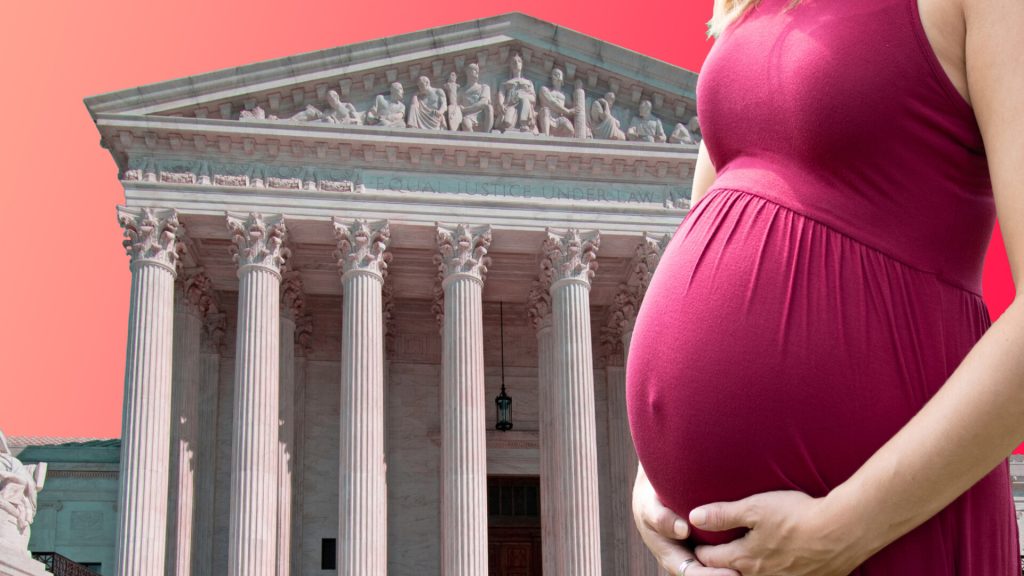
The ban was initially enacted in 1864 and it doesn’t provide any abortion exceptions for rape or incest. In fact, abortions are only allowed if the mother’s life is in jeopardy. The law is now being enforced in Arizona thanks to the state Senate’s approval.
Roe v. Wade Decision Blocked Abortion Ban
The Arizona law remained in place between 1864 and 1973, but was eventually blocked by the U.S. Supreme Court’s 1973 Roe v. Wade decision – which gave citizens across the country the constitutional right to an abortion.
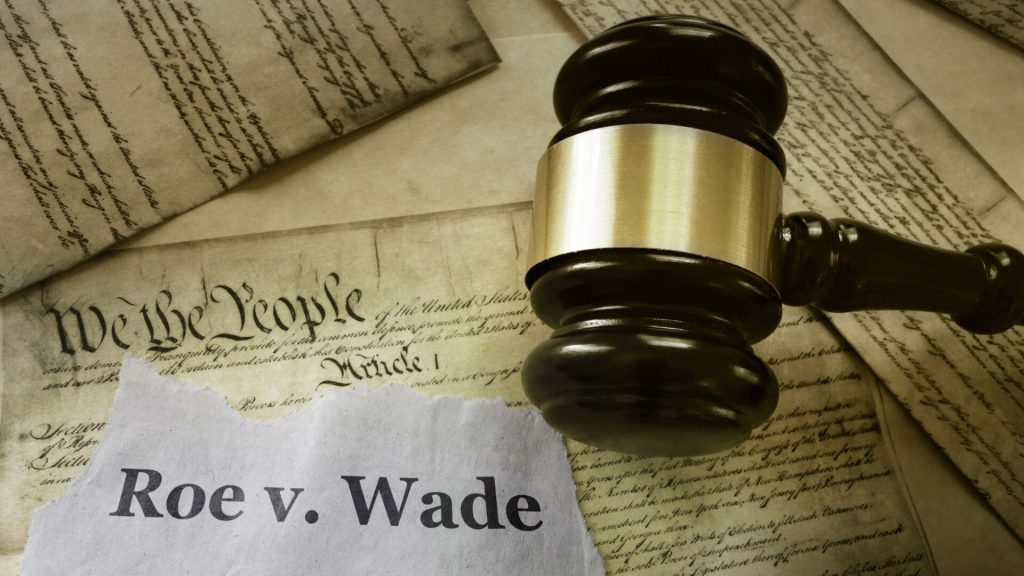
Roe v. Wade is one of the most controversial decisions ever made by the Supreme Court—and it remains so to this day.
Overturning Roe v. Wade Clears Path For Ban
In June 2022, the Supreme Court overturned the Roe v. Wade decision – giving states the ability to control abortion rights. That paved the way for Arizona to reinstate the 1864 law that bans abortion (except when the mother’s life is in jeopardy).

“Millions of Arizonans will soon live under an even more extreme and dangerous abortion ban, which fails to protect women even when their health is at risk or in tragic cases of rape or incest,” said Joe Biden in a statement.





